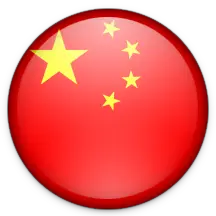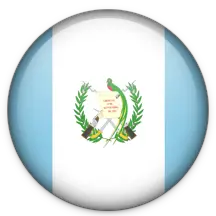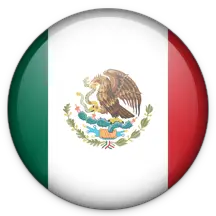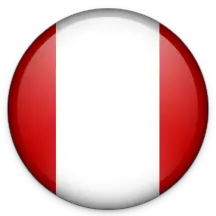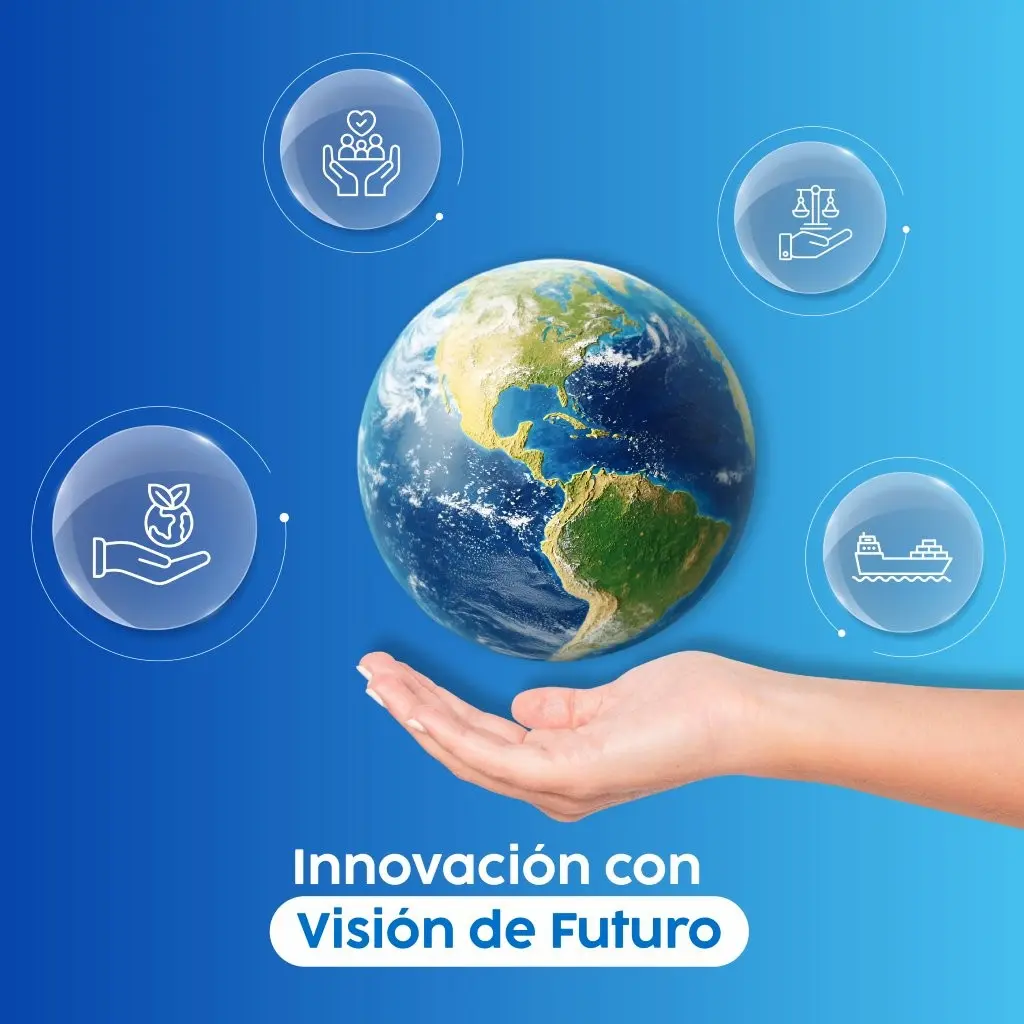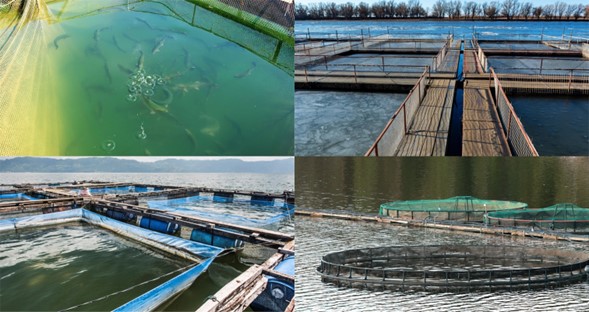
Water Treatment: A Crucial Factor in Sustainable Fish Farming
The fish farming industry plays a fundamental role in global food production, providing a vital source of protein for the population. However, the sustainable growth of this industry faces significant challenges, and one of the most critical aspects is the proper treatment of the waters used in fish farming.
Water treatment in the fish farming industry is vital for several fundamental reasons. First, water is the habitat in which fish live and grow, so its quality is a determining factor for their well-being and health. Maintaining water quality is essential to prevent disease, promote optimal growth, and ensure the quality of the final product.
Water treatment is crucial for fish welfare and minimizing environmental impact
Wastewater discharges from fish farming facilities can contain high concentrations of nutrients, chemicals, and organic matter, which, if not adequately treated, can cause detrimental effects on surrounding aquatic ecosystems. Therefore, effective treatment of this wastewater is critical to prevent water pollution and protect biodiversity.
Water Treatment in Fish Farming is relevant because of its contribution to the industry’s sustainability. Efficient water usage and waste minimization are critical objectives in the face of global water scarcity. Wastewater treatment enables responsible water reuse, thereby reducing demand for freshwater sources and decreasing the overall environmental impact of fish farming.
In this regard, it is crucial to implement effective and sustainable water treatment technologies and practices in fish farming operations. Water recirculation systems, biofiltration, proper aeration, water quality control, and continuous monitoring are essential to ensure an optimal aquatic environment for fish and to minimize the activity’s environmental impact.
In addition, it is critical to promote awareness and capacity among fish farming industry stakeholders about the importance of water treatment and best available practices. The widespread adoption of responsible approaches to water management benefits individual fish farming operations and contributes to the preservation of water resources and aquatic ecosystems globally.
It is clear then that water treatment plays a critical role in fish farming to ensure the health and welfare of fish and mitigate the activity’s environmental impact. Adopting effective and sustainable water treatment practices is both a necessity and an opportunity to promote the long-term sustainability and viability of fish farming worldwide.
Sustainable Technologies and Practices in Fish Farming: Ensuring Food and Environmental Security
Currently, fish farming as an industrial activity is focused on food safety and sustainability; these issues are of growing concern, and adequate water treatment has become increasingly relevant. The sector is investing heavily in research, development, and implementation of water treatment technologies and the training of professionals; these issues are essential to move towards more sustainable and responsible fish farming.
Water Treatment Activities in Fish Farming
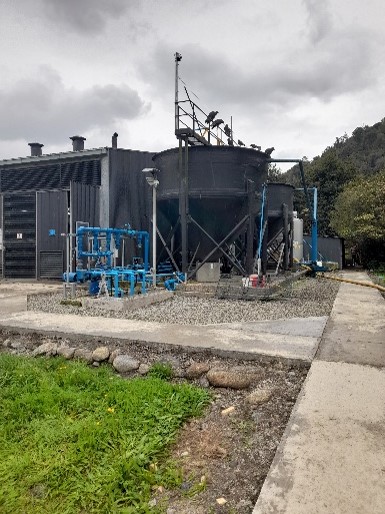 Within the activities of water treatment in this industrial activity, we have, for example, the control of variables and operating parameters, such as temperature control, oxygen, and food rations; they are essential for the fish to grow and reach the desired grammage before changing stages in the production process.
Within the activities of water treatment in this industrial activity, we have, for example, the control of variables and operating parameters, such as temperature control, oxygen, and food rations; they are essential for the fish to grow and reach the desired grammage before changing stages in the production process.
The filtration of this water also plays a fundamental role since it must remove the feces and undigested food that causes the water to become cloudy or cause some disease to the fish.
These filters have a suction line and a filtered water line that must be disinfected by UV or ozone, which returns to the principal system, and a waste line that goes to the tailings treatment plant.
In the wastewater treatment plant, the water must be recovered before discharging it into the surface source acquired for fish farming. At this stage, applying a coagulant and flocculant is essential, so it is fundamental to have representative samples and to carry out tests and trials at the laboratory, pilot, or industrial level to obtain the expected results.
In the physicochemical stage of the production process, sludge is generated, which settles in sedimentation tanks and must be transported to sludge accumulation tanks for dehydration, thereby significantly reducing its final moisture content for final disposal or sale as fertilizer.
The final disposal of water must comply with current legal regulations, providing the customer with the possibility of complementing the treatment with osmosis systems, thus enabling the water to be returned to the cultivation system.
Specialty Chemicals & Treatment Technologies: Mathiesen’s Offering
We have a team of specialized professionals and a wide range of chemical products specially designed for this industrial activity.
We offer MATCOG™ brand coagulants and MATFLOC™ flocculants, which are available to be evaluated and applied in Dissolved Air (DAF) systems to ensure that wastewater has Total Suspended Solids (TSS) levels of less than 100 ppm.
We represent Hydranautics membranes and can perform any simulation for different plant sizes required to manage the final reclaimed water to be returned to the process. We only need a complete physicochemical analysis of the water to verify which contaminants need to be removed; this determines the type and quantity of membranes to select so that the system meets the requirements for water reuse and recycling.
If you would like more information or advice on water treatment in fish farming, contact us, and one of our specialized professionals will get back to you as soon as possible.




